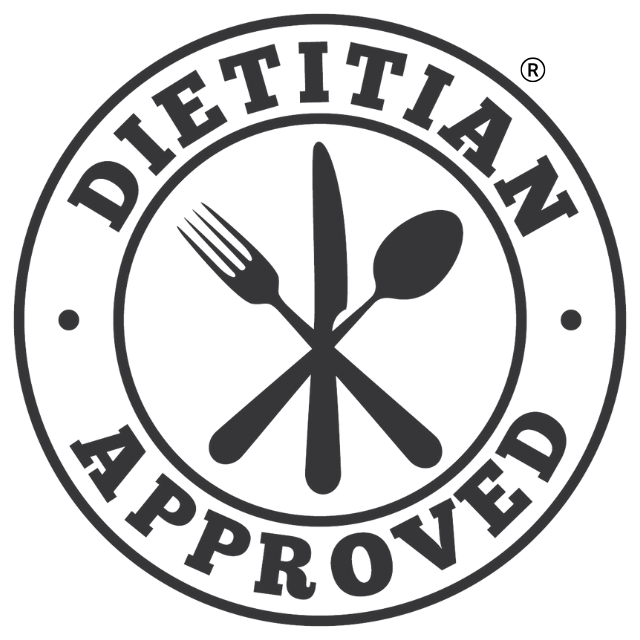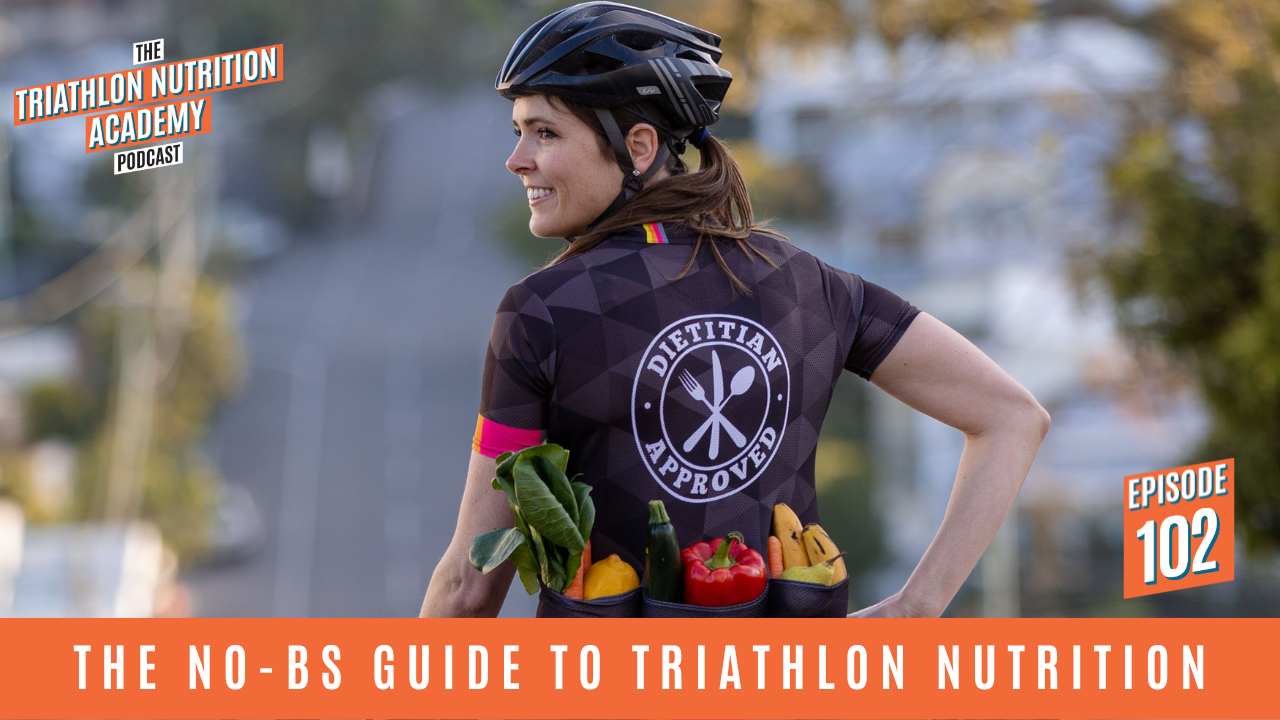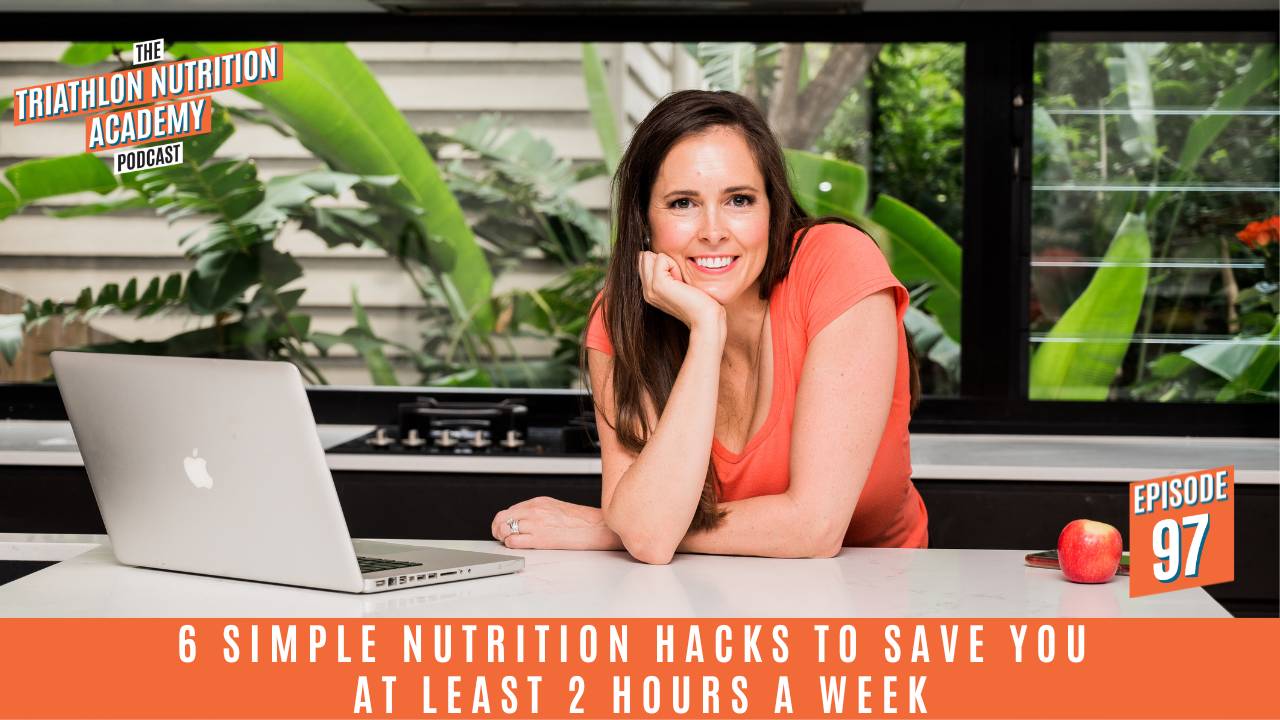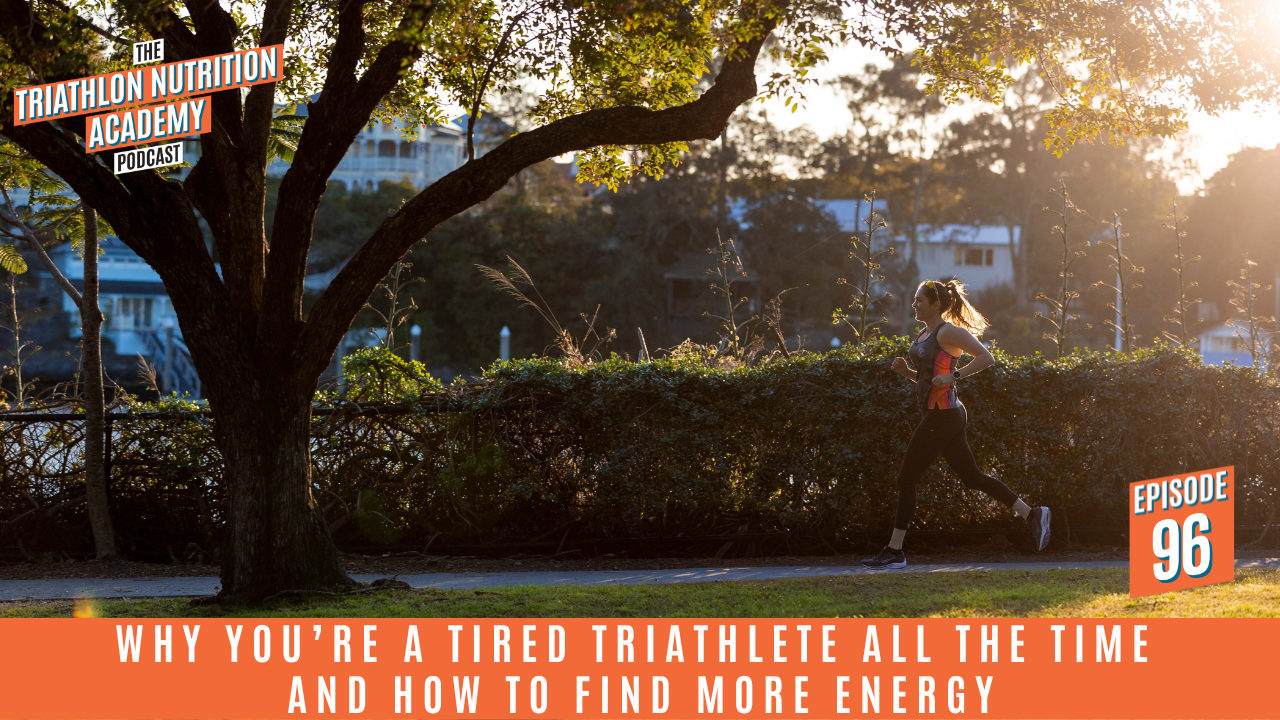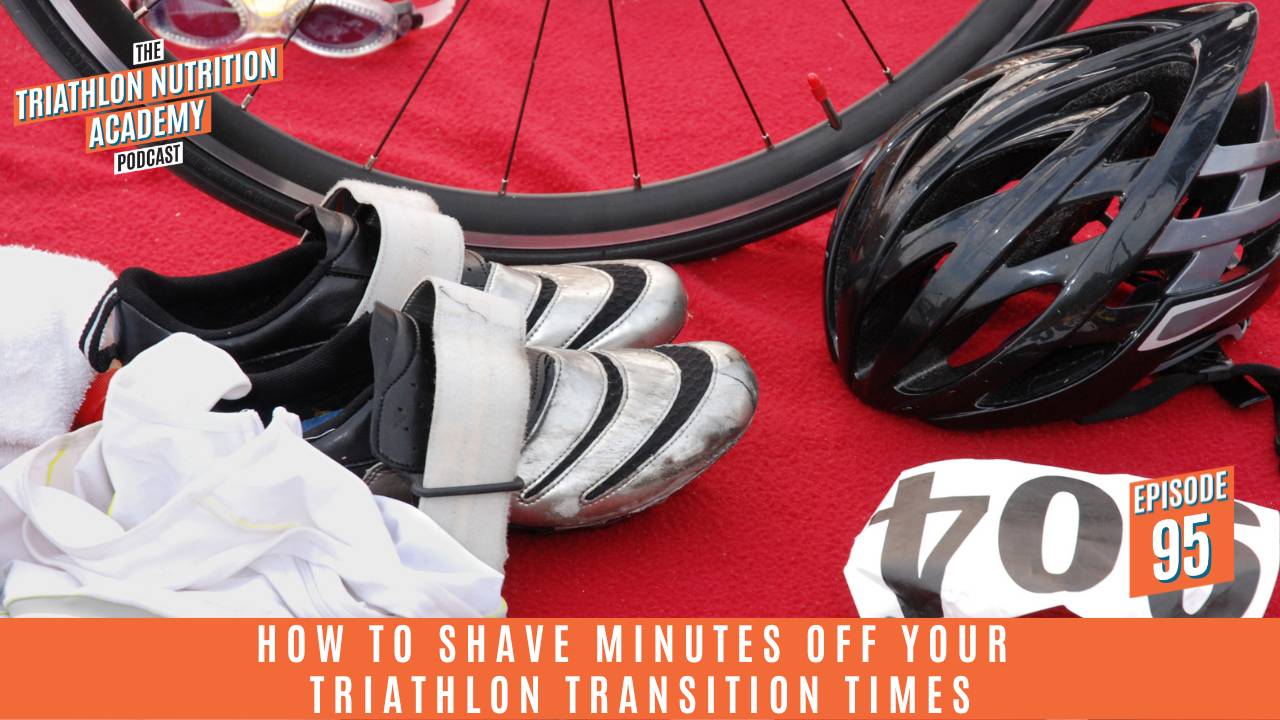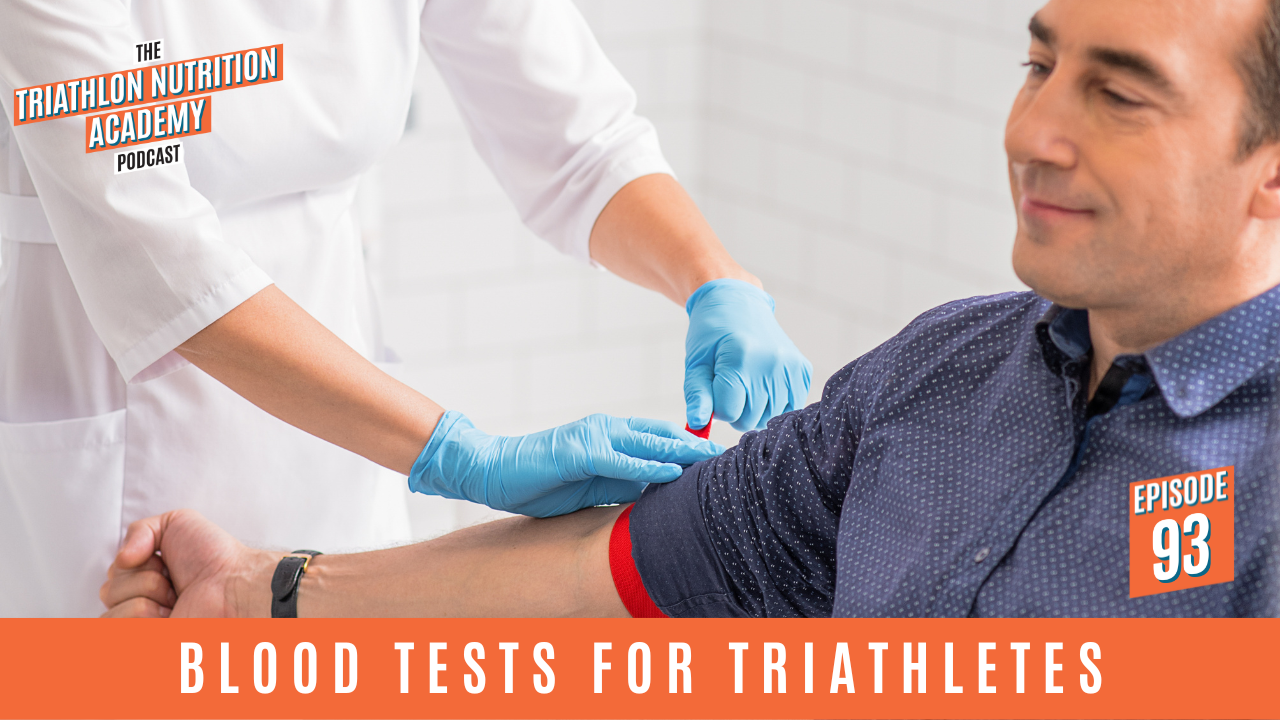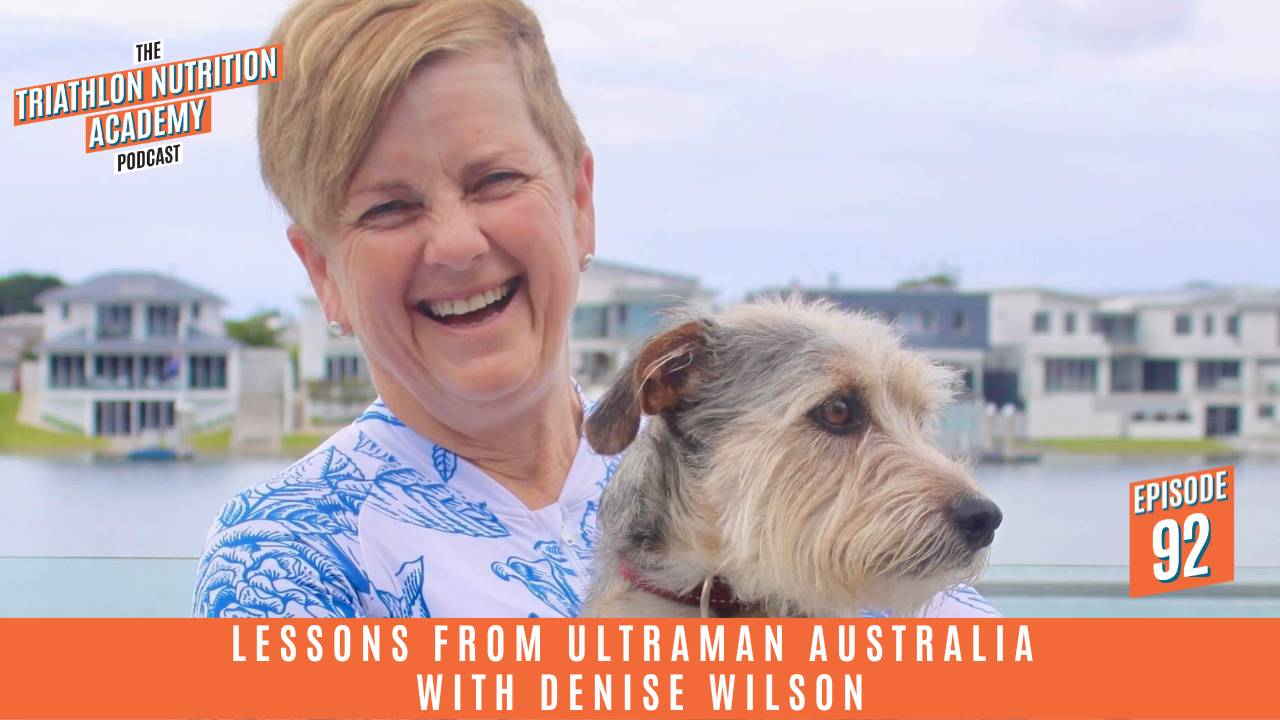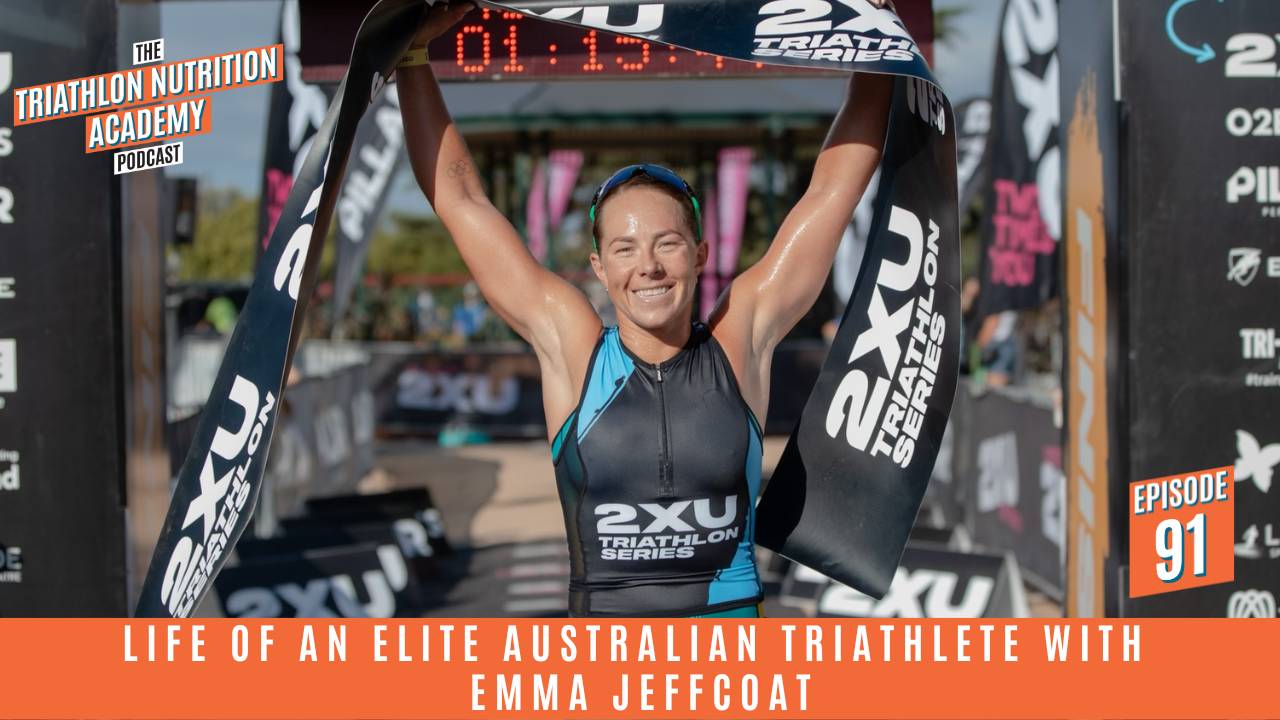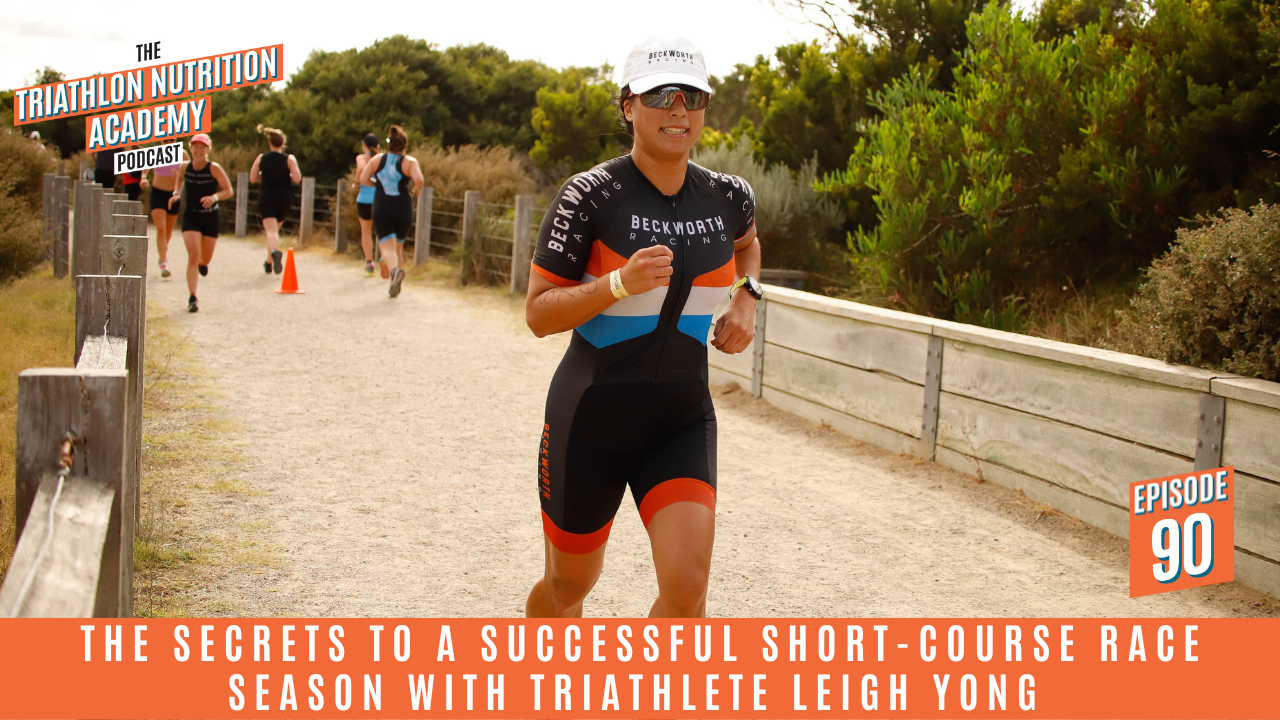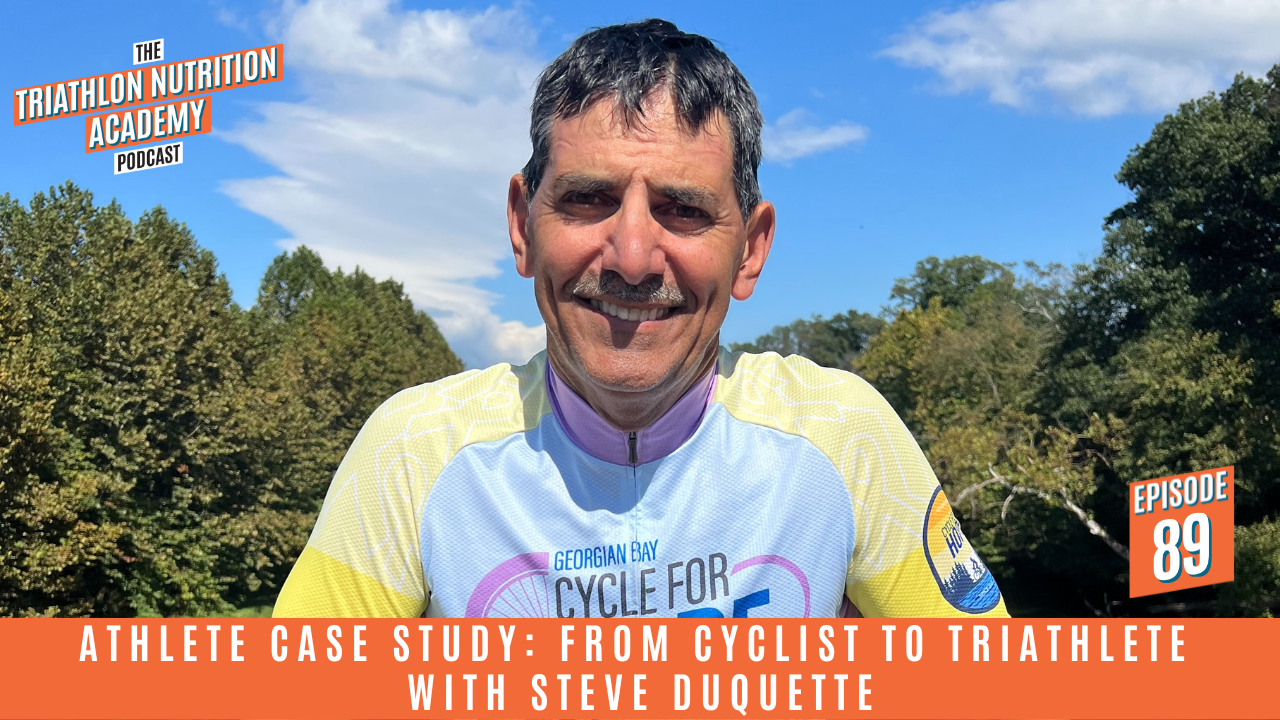Triathlon Nutrition Blog
The best time to work on your nutrition was 6-12 months ago. The second-best time is NOW.
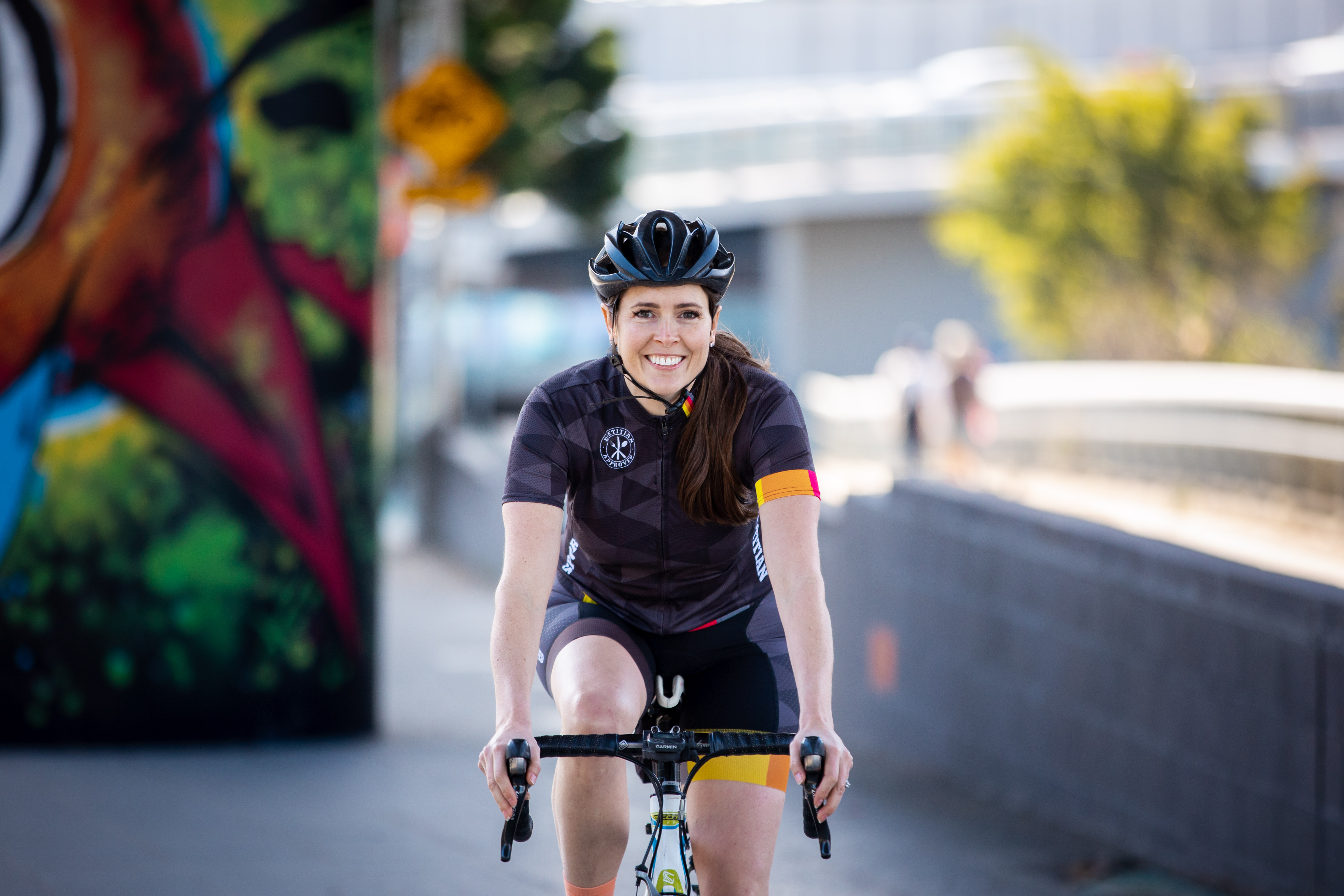
Whether you're on track with the goals you set at the start of the year, you've lost momentum or you didn't set any goals and have been winging it so far this year – draw a line in the sand and let’s d...
Get ready to discover the secret hacks of two Triathlon Nutrition Academy athletes as they share how much money they are SAVING each month since joining the program.
Kelly Estes and Chris Tubbs, both age-group triathletes based in the USA, have achieved something remarkable with their nutrition. Le...
Erin Byrge has found the formula to successful racing
Erin's 11 year racing career began with running with her son. She was already a swimmer and cycler so adding on running and competing in a triathlon seemed like a no brainer. Since then, she has been addicted to the sport, enjoying the sense ...
Many long course triathletes use races as an opportunity to manage their body composition (then go completely off the Richter after it’s done!).
Prioritising performance over overall health and nutrition can have negative consequences. There’s a better and easier way! Let’s discuss the importa...
As a triathlete, it often feels like there's never enough time in the day to juggle training, work, family, and social life.
It's easy to get overwhelmed and neglect other aspects of life, such as your nutrition. It’s often the first ball that gets dropped when we’re busy and stressed.
To help yo...
Do you feel tired and fatigued constantly as a triathlete?
Of course you do - you’re training for three sports! But you shouldn't be completely wiped out all the time.
Let’s explore the common reasons of constant tiredness and fatigue experienced by many triathletes. Specifically, we'll discuss w...
Having a smooth and efficient transition is crucial in a triathlon to save time and maintain momentum.
Practice and preparation are key to a faster transition. By implementing these tips and refining your routine, you can improve your efficiency and save valuable time during a triathlon transition...
As an endurance athlete, it's important to maintain optimal health and performance levels. One way to check that you’re doing that is to get regular blood tests.
I was asked recently by one of the triathletes in our Dietitian Approved Crew Facebook group my thoughts on the value of blood tests, ...
Are you wondering what kind of challenge or adventure can push your limits? Ultraman Australia is a triathlon in its longest form, that can take you on a crazy and intense adventure.
ULTRAMAN AUSTRALIA - Is a 3 day, 515km/ 320 miles, ultra-endurance event
- 10km swim (6.2 miles)
- 421.1km bike...
Australian elite triathlete Emma Jeffcoat shares her journey into triathlon, what it's like being an elite triathlete and her insights into how nutrition played (and still plays) a crucial role in her success.
Emma has achieved amazing feats, including competing in Tokyo 2020, being named the Au...
Leigh Yong, a triathlete and clinical physiotherapist based in Victoria, Australia, was recently featured on the Triathlon Nutrition Academy podcast hosted by Taryn Richardson.
Leigh shared her triathlon journey, starting from a mini triathlon in Barwon Heads to completing a full Ironman race ...
Being a cyclist before getting into triathlon, Steve has valuable insights to share about the nutritional challenges that come with training for three sports instead of one.
Recent podcast guest, Steve Duquette, is a Canadian triathlete from Ontario. Steve has been participating in triathlon for...
